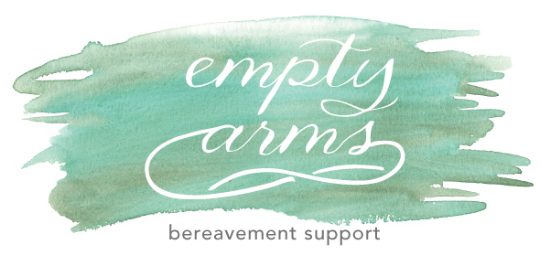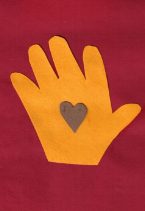Healing a Heart
By Sara Barry
You don’t have to be grateful.
We are thick in the season of gratitude. A holiday of thanks and abundance nearly upon us. There will be people—some who have no idea what you have lost, some who know intimately what you are missing—who tell you: Be thankful for what you have. Count your blessings instead of your sorrows.
If that brings you comfort, follow that advice. But for many people hurting at the core, missing so deeply it sears, that saying feels like a demand. It sounds like, “Stop whining about what you don’t have. Look at what you do have instead.”
Instead. That’s the problem.
Gratitude is tricky. You’d think it would be most present when life is going smoothly, when wonderful things are happening. Yet that’s when I find it easiest to forget, to get complacent. When times are hard, gratitude can be something to hold onto. But not instead of grief or sorrow or anger or fear. With it.
Now, nearly nine years after his death, I find gratitude easily if I stop to remember—and I practice gratitude each day. I’m thankful for two healthy daughters, a warm home, plenty of food. I’m thankful for family that laughs and cries with me. I’m thankful for music and dancing, letters from friends, green things growing in the spring and the stripped down beauty of November.
It’s not that I didn’t see these things in the early days after Henry’s died. I recognized the same warm home, but it felt strangely quiet without him in it (even though he hadn’t been here long). I wasn’t one of those people who found food tasteless in grief, so I cooked hearty stews and cheesy macaroni, filling myself with comfort food.
I was rich in friends. The one who called from New York every month to listen to wherever I was, whatever I was feeling. The one down the hill who met me for tea just as regularly. The ones who reported cardinal sightings and made donations and remembered me on Mother’s Day. The one who stopped in for coffee each morning with her kids who broke my heart and healed me at the same time. I am still rich in friends who stuck with me even though I couldn’t be a good friend for a very, very long time. I’m thankful for that.
In those earliest, rawest days, I was thankful for small gestures: a cup of coffee, a white rose on his anniversary, a niece who wrote his name a paper heart for a fundraiser.
But in the first few years, they were all muted by grief—or bright, so bright, but tiny in a sea of darkness.
Still I held on to my gratitude, however small.
I held on to the warmth of sunshine on my back on a muddy, raw, blue sky spring day.
I held onto the call from a friend asking, “How are you?” and giving the space to answer fully and deeply and messily.
I held onto the carrots I found bright and crunchy, still growing in the sodden March soil.
I held onto the laughter that broke me instead of tears when I got together with my sisters.
I held on to the memory of heft of his body lying on my chest, both our breaths slowing.
I held onto each note, each cardinal sighting, each thinking of you.
I held onto the meals dropped off, the cups of coffee sat over.
I held onto the hope of new life.
I held all of it in its fullness, and I held my sorrow and emptiness too.
We hear about a time to laugh and a time to cry. A time to dance and a time to mourn.
We are made to think these are two things. Count your blessings, not your sorrows. But we can do both. We can laugh until we cry. Dance even as our heartbreaks. And some days we can’t. Some days grief is just a steamroller knocking us flat. But inside, underneath, I think gratitude still lives.
I loved, and still love. I open again and again to joy. And still as much as I let go that sorrow is part of me.
It irks me when people respond to grief with a demand to be grateful, as if we don’t need to feel the hard emotions. As if you can’t hold both grief and gratitude together.
You can hold your thankfulness alongside the space in you heart where someone is missing. You can hold both even if your loss feels as big as the world and your thanks feel like a grain of sand. You don’t have to feel grateful in your grief but you can.

